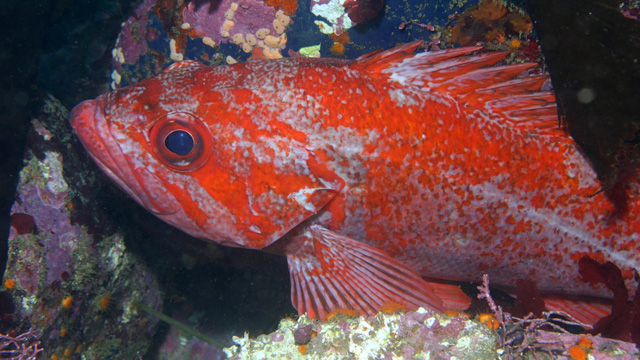One of the key fisheries on the West Coast is coming back after years of decline. That’s prompting a sustainable seafood group change their consumer ratings for almost two dozen fish species from “avoid” to “good” or “best” choices.
The species are all considered groundfish, fish that show up on restaurant menus as rock cod, pacific snapper, black cod and sole.
In 2000, the fishery was declared a federal disaster because catches were so low. The fishery has experienced dramatic changes since then, including stringent new fishing rules under a “catch share” program and the closure of fishing grounds in favor of marine protected areas.
“There’s been a lot of effort over the last decade and a half to improve management and make sure the problem species were put onto recovery plans,” says Santi Roberts of the Monterey Bay Aquarium’s Seafood Watch program. “There’s been an increase in those species, which is a really positive thing.”
As a result, the Seafood Watch ratings for 21 fish are going from “avoid” to “good alternative” or “best choice.” In all, 84 percent of the fish caught in the commercial groundfish fishery have those ratings.
